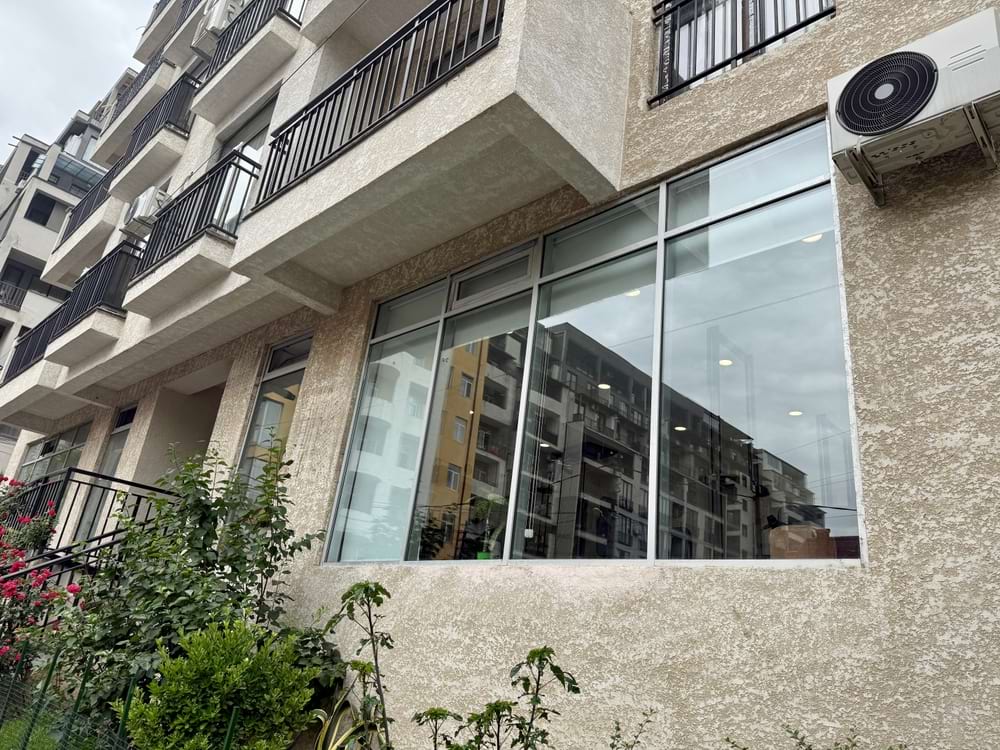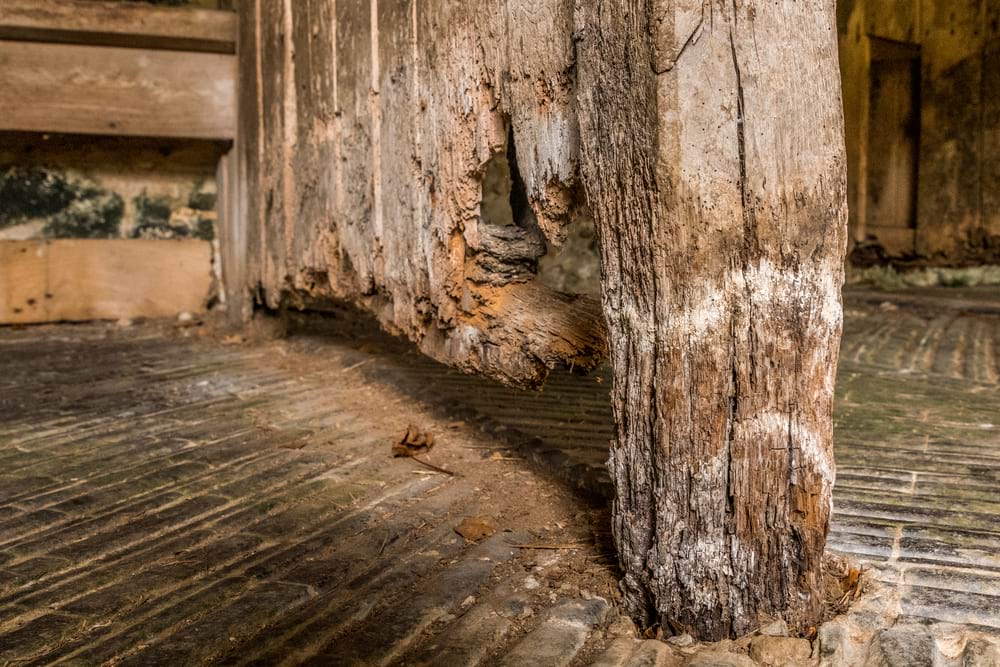News, tips & advice.
The latest property news.
- FREE cash offer within minutes

Featured Article
Regret Selling Your Property? You’re Not Alone
Regret is a powerful emotion. And selling property is one of the most significant decisions people ever make. So, regret over selling property can be…
Free cash offer within minutes, any condition, any location.

Tall Trees Near Houses in the UK: What Can You Do?
Falling trees can cause significant damage. Sadly, they even kill an average of about five people per year in the UK (and injure many more).…

9 Hidden Costs When Buying a Home
The costs of buying a house can be high. Many people are aware of the main costs (solicitors’ fees and estate, agent commission, removal costs).…

Removing Ants From Your Home
Ants are a common house pest in the UK. Most homeowners are familiar with them. However, not many are aware of the extent of property…

Are Ground Floor Flats Safe?
According to police data, ground-floor and basement flats are 48% more likely to be burgled than others. This could be related to the fact that…

Serviced Accommodation: A Guide
Serviced accommodation is a popular alternative to hotels and private rentals. For guests, they provide efficiency and ease. And for owners, they can provide good…

Drainage Rights: What You Need To Know
As a UK homeowner, you have certain property rights and responsibilities. Drainage rights come under both of these categories. Read on to learn more. An…

Wet Rot: What It Is & What To Do About It
House pests come in many forms, from fungi to rodents. One of the former category is wet rot. If left unchecked, it can seriously damage…

Hidden Costs of Selling a House
The costs of selling your home are high. Most of these are widely known. However, there are hidden costs as well. These catch many homeowners…

Can Moths Damage Your Home?
There are many different house pests in the UK. Many can damage your property. Moths are a typical example. Read on to learn what damage…
Free cash offer within minutes, any condition, any location.

"Faultless"
I found the whole process faultless. Right from my initial enquiry the communication I received was excellent, all the way through to the completion of the sale of my property. I would be happy to recommend We Buy Any Home.
As featured in





Get a free cash offer today
Enter your details below
"*" indicates required fields








